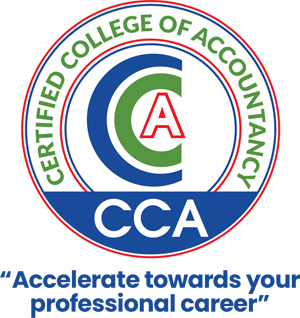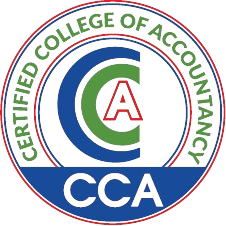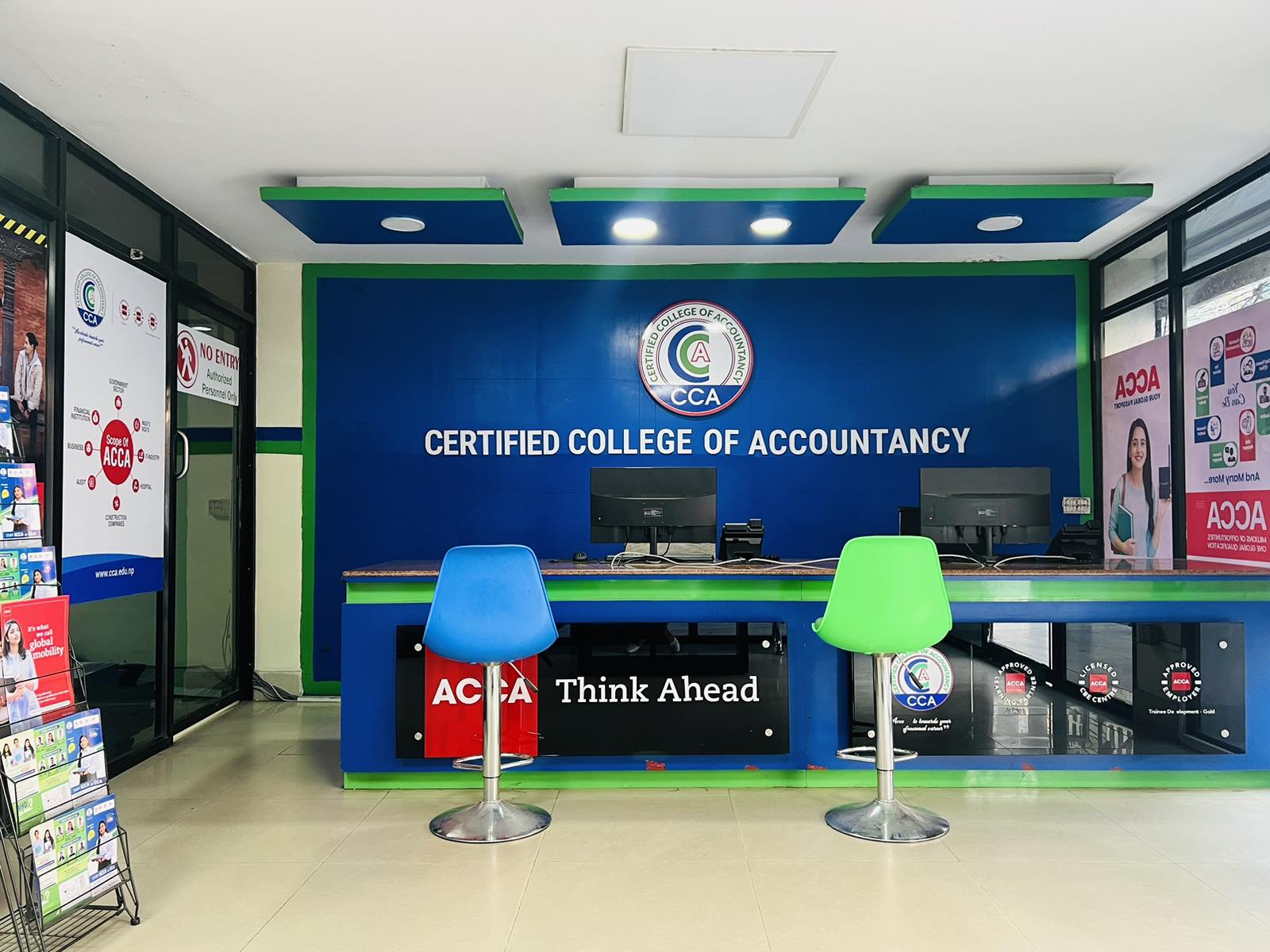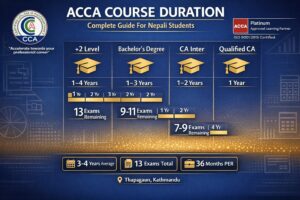As an Association of Chartered Certified Accountants (ACCA) student, you have embarked on a journey towards a prestigious qualification that opens doors to a world of opportunities in the field of accounting and finance. One of the unique aspects of the ACCA program is the integration of practical experience alongside your studies. In this blog, we will explore the benefits and a strategy for studying while completing the Practical Experience Requirement (PER), creating a winning combination that propels your career forward.
- Gaining Real-World Experience:
The PER component of the ACCA qualification allows you to gain practical experience in an accounting or finance role while studying. This invaluable opportunity provides you with real-world exposure to the challenges and intricacies of the profession. It enhances your understanding of theoretical concepts by putting them into practice and equips you with the skills necessary for success in the workplace.
- Bridging the Gap Between Theory and Practice:
Studying for your ACCA exams is undoubtedly crucial, but combining it with practical experience bridges the gap between theory and practice. As you encounter real-life scenarios at work, you can relate them to the concepts you learn in your studies, deepening your understanding and reinforcing your knowledge. This synergy strengthens your grasp of the subject matter and prepares you for the complexities of the accounting profession.
- Applying Classroom Knowledge:
Studying while completing the PER provides a unique opportunity to apply your classroom knowledge directly to your job responsibilities. You can immediately implement the principles and techniques you learn, enhancing your effectiveness and efficiency in the workplace. This hands-on experience not only solidifies your understanding but also demonstrates your practical skills to potential employers, setting you apart from other candidates in the job market.
- Networking and Mentorship:
Engaging in the practical experience requirement allows you to connect with professionals in the field. By building relationships with colleagues, supervisors, and mentors, you gain valuable networking opportunities. These connections can provide guidance, support, and mentorship, helping you navigate your career path, make informed decisions, and access future employment prospects.
- Time Management and Organization:
Undertaking the ACCA exams alongside your practical experience demands effective time management and organizational skills. Balancing work responsibilities, study commitments, and personal life may seem challenging, but it is a valuable skill that will benefit you throughout your career. By mastering these skills early on, you develop a strong foundation for success and demonstrate your ability to handle multiple responsibilities simultaneously.
- Reflecting on Progress and Growth:
As you progress through your ACCA studies and practical experience, take time to reflect on your growth and development. Document your achievements, challenges, and lessons learned. This reflection serves as a testament to your dedication, perseverance, and continuous improvement. It also provides evidence for your professional development portfolio, showcasing your journey to potential employers.
Studying while completing the PER is a winning combination for ACCA students. It allows you to gain practical experience, bridge the gap between theory and practice, and apply classroom knowledge directly to your work. By effectively managing your time and organizing your responsibilities, you can thrive in both areas. Embrace the opportunities for networking and mentorship, and reflect on your progress to demonstrate your growth and commitment to your professional development. With this powerful combination, you are on the path to a successful and fulfilling career in the world of accounting and finance.






